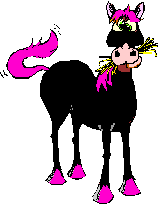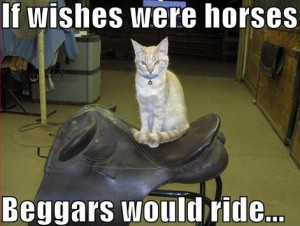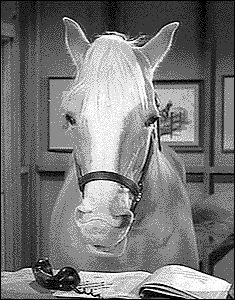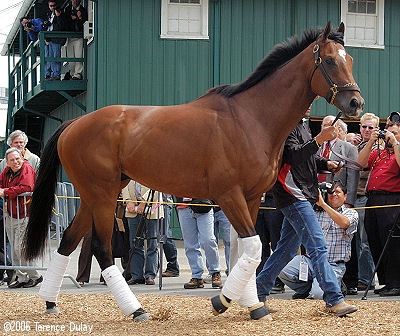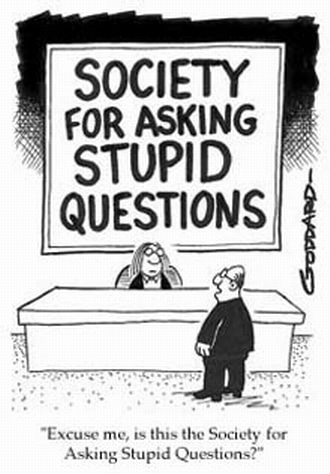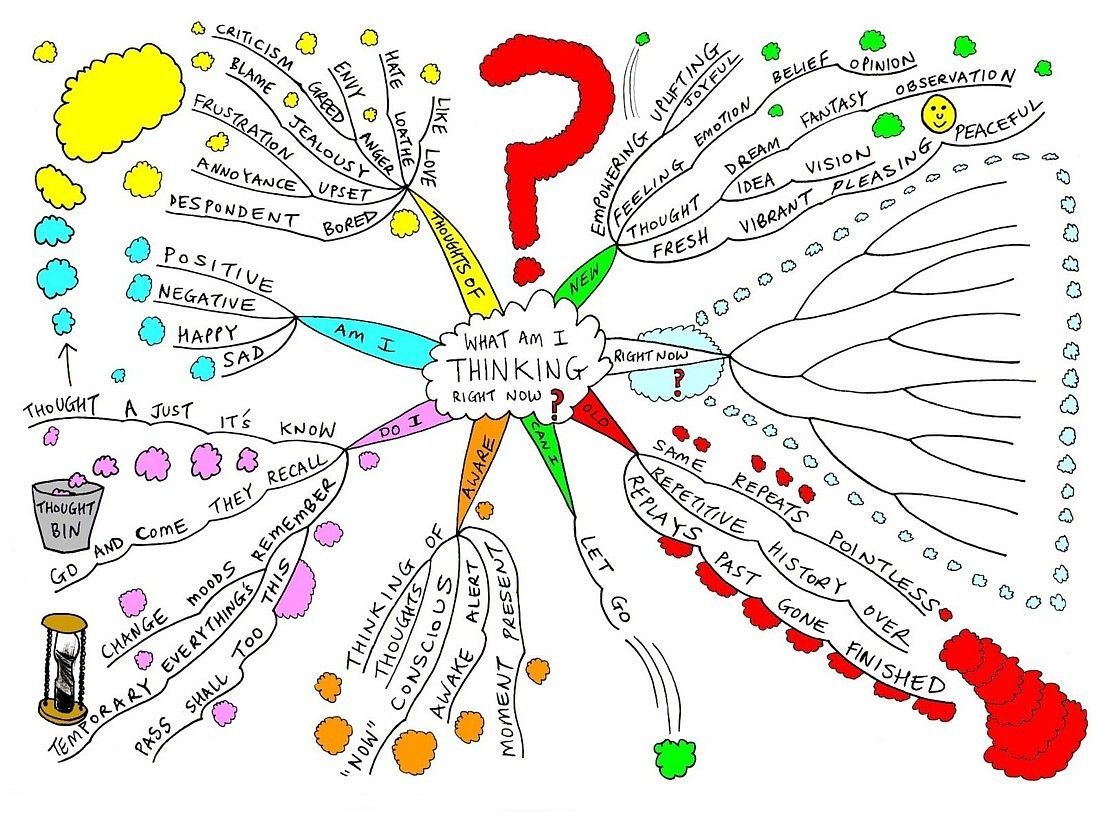I am confident that many of my clients have a well-intentioned sympathy for my plight. Just about every day, I get to try to figure out what and why a half-ton quadruped with a brain the size of a lemon has done now. Undoubtedly spurred by a sort of veterinary Stockholm syndrome (both of us hostage to the horse), my wonderful clients will often express a wish on my behalf, as to how they think my life could be made easier.
When I am in the process of unraveling the clues that the horse may give as to what is really wrong with him, there are certainly times that I think how much easier things could have been, “If only.” When it comes to preventing or impeding the unraveling of clues, horses seem to be endlessly resourceful, and daydreaming doesn’t help. Nevertheless, from time to time I do find myself wondering what things would be like if my clients’ wishes could come true. However, when I’m finished wondering, I’m confident that even if that one great wish could come true, things probably wouldn’t be much different than they are.
“Don’t you wish horses could talk?”
People seem to have the general idea that the most difficult thing about horse medicine is that the animals can’t tell you what their problem is. I suppose that a talking horse might be helpful, on occasion. Still, speaking hasn’t really made human medicine much easier in most cases, so I can’t imagine that things would really be all that different if horses could verbalize their problems. With physical cues like lifting a hind leg (“Don’t even think about catching me”), laying back ears, (“Oh, no, not you again), and picking up the head with an eye as wide as a saucer, (“You are NOT going to give me a shot”), they really don’t need to say much else.
But there’s another side to the horse talking scenario. How about this? You get on your horse, and, not eager to complete yet another 20 meter circle, he says, “Hey, you put on some weight up there?” You decide to bandage his legs, and he opines, “Red is such a dreary color; I’ve always preferred blue,” (oh wait, some horse “psychics” already seem to understand this, even overlooking the fact the horses are largely color-blind). You decide to go out on your favorite trail ride: “Again?”
CLICK HERE for the theme to the early 1960’s sitcom, “Mr. Ed.”
Speaking is definitely a double-edged sword. Or, as another famous aphorism tells us, “Silence is golden.”
 QUICK NOTE: Actually, that’s only half of an old proverb. The whole thing is, “Speech is silver and silence is golden.”
QUICK NOTE: Actually, that’s only half of an old proverb. The whole thing is, “Speech is silver and silence is golden.”
So here’s another wish, usually expressed just after a horse has taken advantage of one of the many creative ways that he has to injure himself. “Don’t you wish horses could be kept in padded stalls?”
This one seems to come from the idea that the poor unfortunates injure themselves merely because of the confines of their surroundings. I suppose there’s some truth to that, but, honestly, doesn’t it sometimes seem that a horse is looking for trouble? They are devilishly creative at finding ways to get into trouble, a fact to which anyone who has seven latches on their stall door can attest. So, sure, it would be great if we could eliminate all threats from a horse’s environment, but there would still be a problem: the horse. I mostly think that if a horse was kept in a padded stall, it would just figure out some way to eat the padding, and then colic.
Of course, a few of my female clients sometimes express an equine-related wish or two for themselves. One in particular seems quite personal, and is usually muttered in the middle of a grooming session, where the horse is being bathed, coiffed, and primped with meticulous detail, or after a particularly good ride, to whit; “I wish my husband was more like my horse.”
I’ve never had the courage to ask anyone why this might be, nor have I asked if they’ve really given that particular wish any deep thought. There must be something about having a creature around who doesn’t argue much, or that takes you where you want to go when and where you want (most of the time), or that stands happily while you give him attention. It must appeal to some deep human care-taking emotion. Apparently, that something is enough to even want it in a spouse.
NOTE: I remember listening to one of those interviews with a couple that had been together for 60-some years. When asked her secret, the woman said, “I treated him like a dog.” Of course the observer was astonished by this answer, but then she explained, “I fed him regularly, patted him on the head a lot, and told him he was a good boy.” Food for thought, anyway.
Even so, I still don’t understand why someone would want their spouse to be more like a horse. From what I understand, some men (certainly not me) are like horses: eating all of the time, and constantly making a mess. That said, from a man’s perspective, I can see a lot of advantages. The way I look at it, if I were a horse, I’d be kept in a relatively safe, comfortable environment (no predators – like bill collectors), I’d be well fed, I’d be groomed and cared for, I’d have regular exercise, and, I’d be left alone for twenty-some hours a day. I’d even have a few friends around to hang out with. (And don’t even go to the scenario of life as a breeding stallion.) About all that would be missing would be cable TV. But as much as I like trying to make my wishes come true, I don’t think I’ll be proposing that to the Mrs. any time soon.

